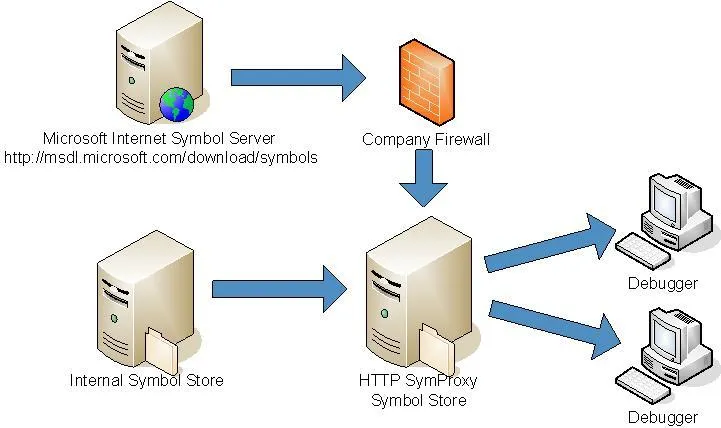The fundamental use of proxy servers is to hide a user’s IP or the IP of internal servers depending on your setup. This is vital for network cybersecurity, as most cyberattacks need to gain access to specific target machines. Furthermore, cyberattackers might need to scalp credentials from a victim to escalate a fake user’s permissions.
Attackers use IP addresses to map out the internal infrastructure to find out what they can exploit in a network.
Blocking IP addresses can make it difficult for cybercriminals to target specific users or platforms. You can also use geo-filtering to stop attackers from accessing websites from regions of the world that don’t conduct business with the organization.
In addition, you can also use proxy servers to create a demilitarized zone (DMZ) that enables any traffic to enter a no-trust segmented network zone. Through this setup, you can use proxies as a gateway to services and log traffic. By doing this, users need explicit, not implicit, trust to do anything in this zone.
And there you go, you’re now much more educated on proxy servers than you were about five minutes ago. You can now easily protect your users or infrastructure from any external threat. Let’s wrap up.

One response to “Proxy Servers and Cybersecurity”
Top site ,.. amazaing post ! Just keep the work on !